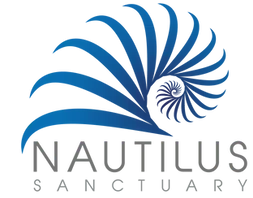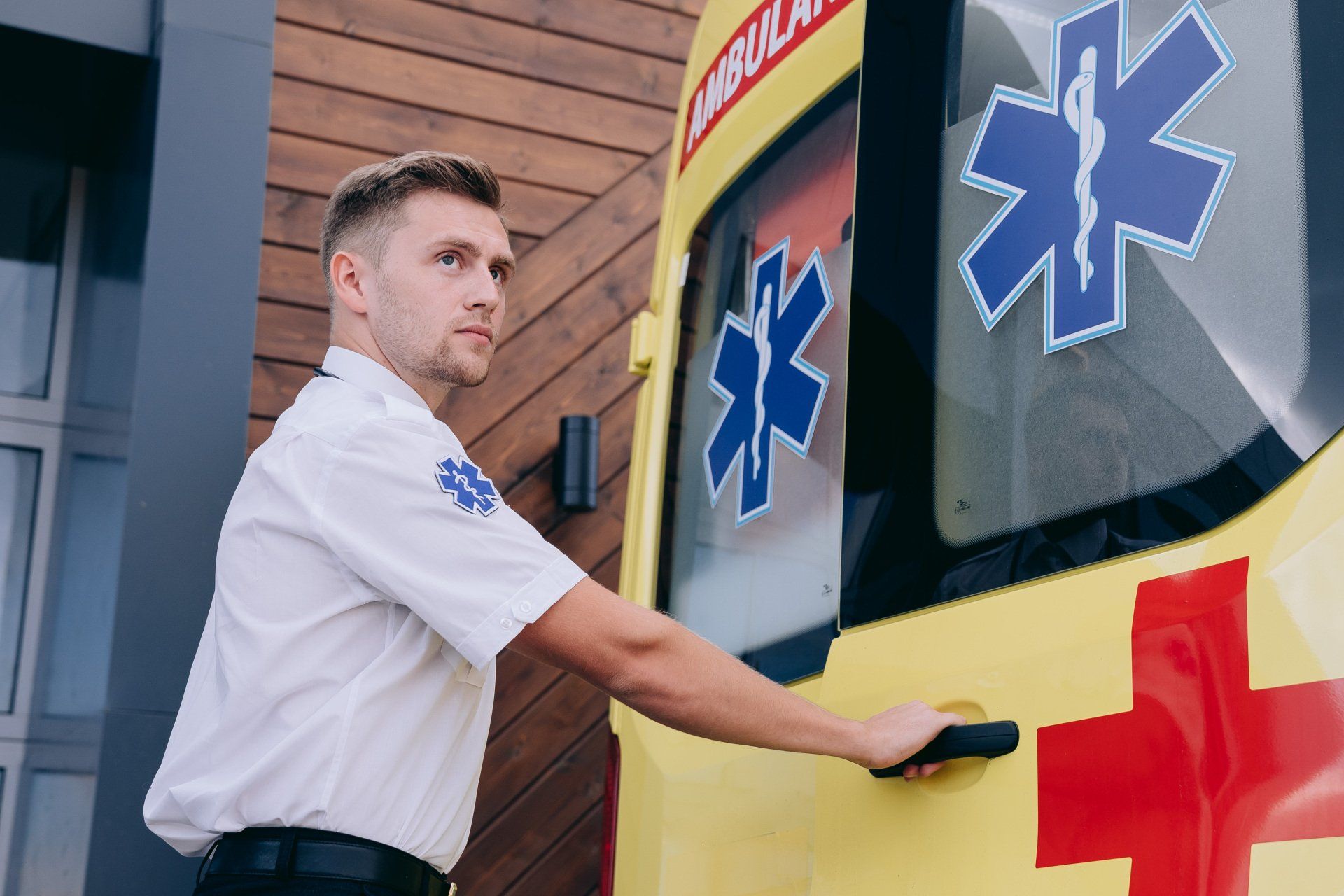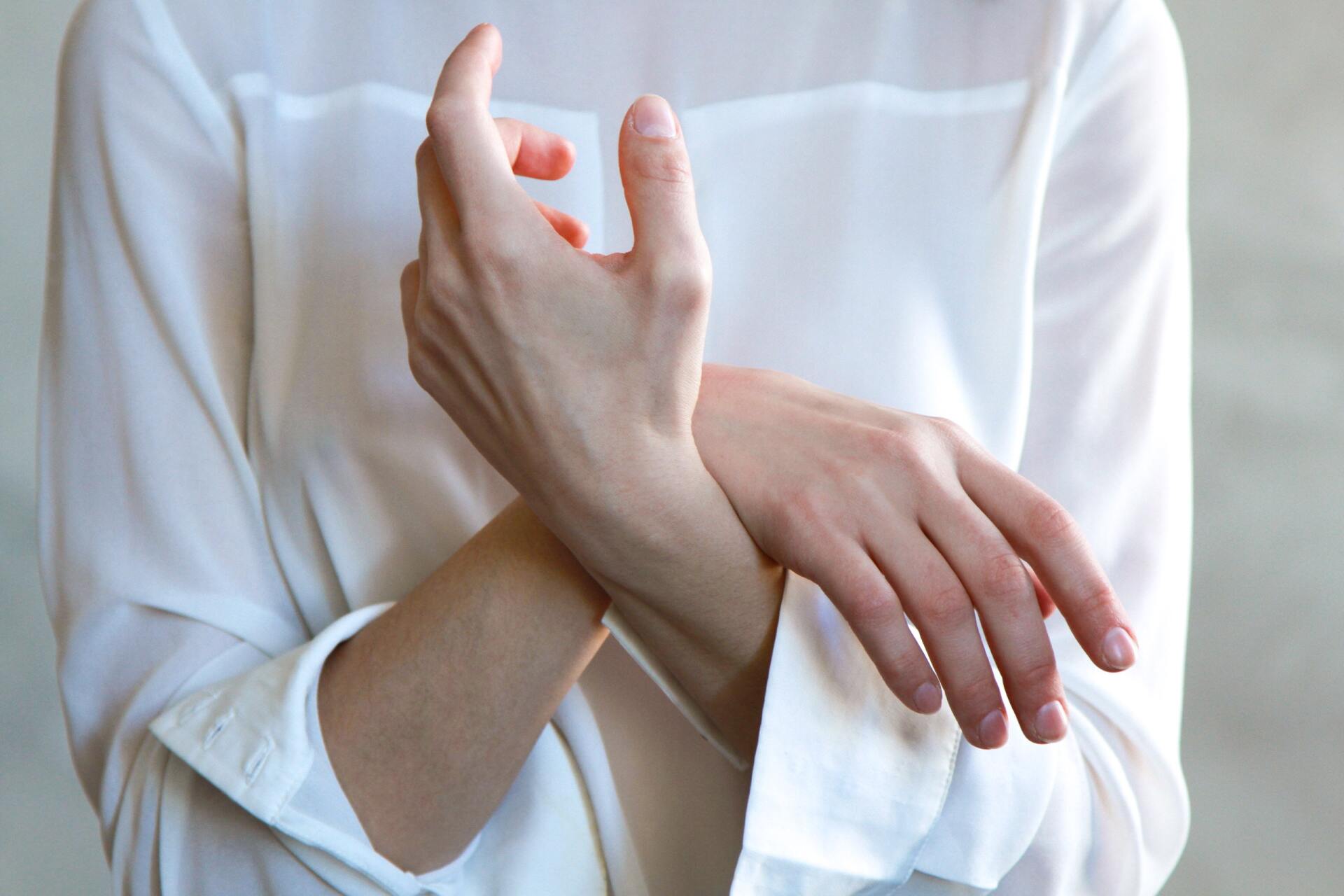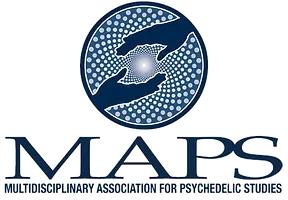CURRENT RESEARCH
Frontline Healthcare Workers Study
“In the minutes it took to put our PPE on, we had watched our patients die. In a quiet side reaction, we felt the good things leave our body, and grief come to stay.”
-
Awdish, R. The Shape of the Shore. Intima.
Nautilus Sanctuary is embarking on an FDA-approved independent clinical trial:
An open-label study of MDMA-assisted psychotherapy to treat burnout and chronic stress in frontline healthcare workers (HCWs).
This study provides an opportunity for frontline HCWs to access a promising, science-backed psychotherapy while contributing to
critical research that could help thousands more in the future.
This is a paragraph. Writing in paragraphs lets visitors find what they are looking for quickly and easily.
This is a paragraph. Writing in paragraphs lets visitors find what they are looking for quickly and easily.
This is a paragraph. Writing in paragraphs lets visitors find what they are looking for quickly and easily.
This is a paragraph. Writing in paragraphs lets visitors find what they are looking for quickly and easily.
This is a paragraph. Writing in paragraphs lets visitors find what they are looking for quickly and easily.
Name Lastname
Title
Name Lastname
Title
Name Lastname
Title
Add your title here
What The Study Will Do
Support for HCWs
Provide MDMA-assisted psychotherapy for frontline healthcare workers experiencing burnout, moral injury, and stress-related disorders.
Research and Data Collection
Gather safety and efficacy data to advance MDMA-assisted psychotherapy for new clinical populations.
Best Therapeutic Practices
Identify effective therapist practices to strengthen training and improve future treatment protocols.
Video Library Development
Create a psychotherapy video library to train the next generation of psychedelic therapists.
Outcome Influencers
Explore critical factors such as social support, trauma history, and therapist qualities that influence treatment outcomes.

Add your title here

Why This Study Matters
Frontline healthcare workers have faced extreme levels of stress and trauma especially during the COVID-19 pandemic.
Many continue to experience
lasting emotional and
physical impacts, yet traditional treatments often fall short.
Real Impact
This FDA-approved clinical study will bring MDMA-assisted therapy to 30 healthcare workers—and contribute vital research to expand effective care for stress-related disorders.
Long-Term Effects of Workplace Trauma
From intrusive thoughts to emotional exhaustion and moral injury, many HCWs continue to suffer the lasting effects of chronic stress.
MDMA-Assisted Psychotherapy
Clinical trials have shown MDMA-assisted therapy can help participants process painful emotions, rebuild trust, and foster deep emotional repair.
Study Overview
The study aims to evaluate changes in trauma symptoms and overall functioning before and after treatment, while also exploring long-term effects on well-being, self-compassion, workplace performance, and the role of therapist rapport in treatment outcomes.
Design
Two-site, open-label clinical trial of MDMA-assisted psychotherapy
Locations
New York City and
Boulder, CO
Participants
30 frontline healthcare workers
(15 per site)
Structure
- Intake/Prep: 6 sessions
- MDMA Sessions: 3 with co-therapists
- Integration: 9 sessions
- Follow-Up: 12–18 months post-treatment
This is paragraph text. Click it or hit the Manage Text button to change the font, color, size, format, and more. To set up site-wide paragraph and title styles, go to Site Theme.
Why MDMA-Assisted Psychotherapy?
Unlike conventional treatments that suppress symptoms, MDMA-assisted psychotherapy helps participants engage with deep emotional pain in a safe, therapeutic setting.
This approach supports true psychological healing especially for those carrying moral injury or trauma.
Deep Emotional Access
Reduces fear
and
defensiveness to safely face difficult emotions.
Enhanced Therapeutic Connection
Enhances
trust and
openness with the therapist.
Proven Clinical Outcomes
Over
70% no longer met
PTSD criteria in
Phase 3 trials.
This is paragraph text. Click it or hit the Manage Text button to change the font, color, size, format, and more. To set up site-wide paragraph and title styles, go to Site Theme.
FAQ's
If you have additional questions about the study or eligibility, please don’t hesitate to contact our team directly.
What does MDMA-assisted therapy feel like?
MDMA-assisted therapy offers participants a unique therapeutic environment in which they may experience enhanced emotional openness, reduced fear and defensiveness, and increased access to difficult emotions and memories. Within this supportive setting, participants often describe an increased capacity to process distressing experiences with clarity and self-compassion, while remaining engaged in the therapeutic process.
Who is eligible for the study?
This study is designed for frontline healthcare workers who are experiencing symptoms of stress-related conditions, including burnout, moral injury, and trauma-related distress. Eligibility is determined through a comprehensive screening and clinical assessment process to ensure appropriateness for participation and to prioritize participant safety.
If you are uncertain about your eligibility, we encourage you to reach out for a confidential consultation with our clinical team.
Is participation confidential?
Yes. Participant confidentiality is a fundamental component of this study. All personal information and study data are handled in compliance with stringent ethical standards and federal privacy regulations. Identifiable information will be securely stored and only accessible to authorized to note that individual experiences vary, and our clinical team provides thorough preparation and integration support throughout the study.
Is this therapy legal?
MDMA-assisted therapy is not yet an FDA-approved treatment for general clinical use. However, this study has been approved by the FDA as an investigator-initiated clinical trial, meaning it is legally conducted under strict regulatory oversight. Participation in the study provides lawful access to MDMA-assisted therapy within the framework of approved scientific research.
How can I support this work if I am not a participant?
There are several meaningful ways to contribute:
Philanthropic support: Donations directly fund the study, help subsidize participant costs, and expand our research capacity.
Community outreach: Help raise awareness about the study among healthcare professionals and the broader public.
Stay connected: Follow Nautilus Sanctuary for updates on research findings, future training opportunities, and public education initiatives.
Your support plays a critical role in advancing the field of psychedelic research and expanding access to safe, evidence-based treatments.

Are You a Donor or Supporter?
Your support can help fund this vital research and expand access to healing therapies for those who have given so much.
This is the text area for this paragraph. To change it, simply click and start typing. Once you've added your content, you can customize its design by using different colors, fonts, font sizes and bullets. Just highlight the words you want to design and choose from the various options in the text editing bar.
This is the text area for this paragraph. To change it, simply click and start typing. After adding your content, you can customize it.
Contact:
Willa Hall, Ph.D.
or
Casey Paleos, MD
Project Budget
The cost to conduct this project over two years is approximately $1,500,000. This will allow us to bring this treatment free of charge to 30 COVID-affected frontline NYC healthcare workers and train therapists how to work with MDMA using the inner-directed approach.
Our FDA-approved study protocol and a more detailed budget is available for viewing upon request.
This is the text area for this paragraph. To change it, simply click and start typing. Once you've added your content, you can customize its design by using different colors, fonts, font sizes and bullets. Just highlight the words you want to design and choose from the various options in the text editing bar.
This is the text area for this paragraph. To change it, simply click and start typing. After adding your content, you can customize it.








